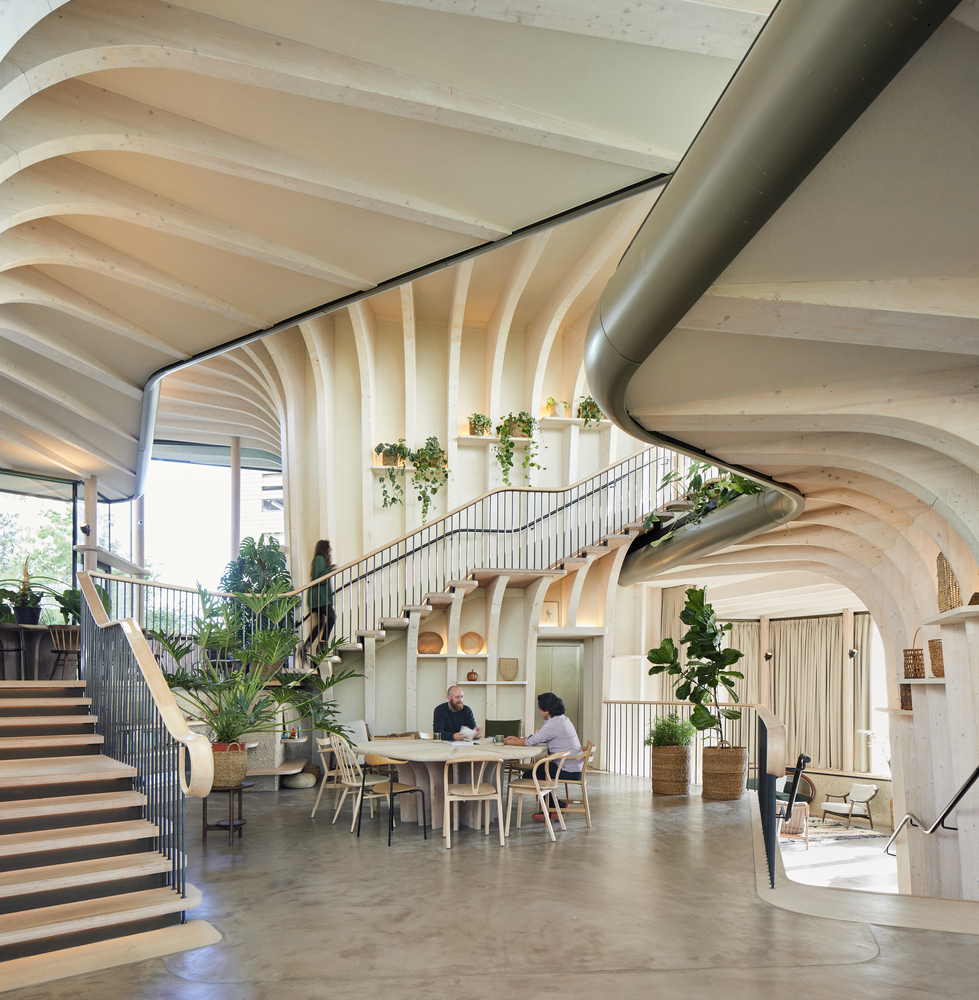Designing for Happiness: Exploring the Connection between Architecture and Mental Health
While not entirely dependent on one another, the relationship between architecture and mental well-being is an important topic, as designers and architects can contribute to creating a more enjoyable environment for everyone. From strategies to enhance mental health in shared workspaces to the ways in which architecture can contribute to preventing cognitive decline, understanding the potential impact of environmental neurosciences and the ways they apply to architecture is an essential skill for our profession.
In celebration of World Mental Health Day, we have gathered a selection of editorial articles that delve into the intriguing interplay between architecture and mental health and a set of projects that showcase in a practical manner the solutions created in response to these challenges. The selection aims to provide insights into how the spaces we inhabit can affect us, from workspaces and homes to the centers dedicated to health and recuperation. Additionally, matters of psychology are discussed in relation to various typologies and at different scales, while the curated projects serve as case-studies for further exploration.
 Picture: Hufton+Crow
Picture: Hufton+Crow
Comments :